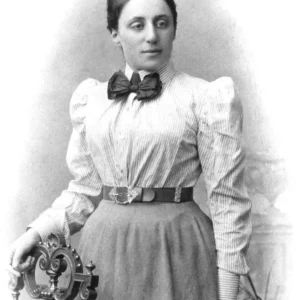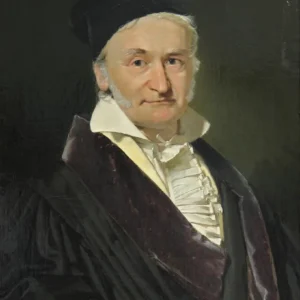Euclid, often referred to as the “Father of Geometry,” was an ancient Greek mathematician who lived around 300 BCE. His work, particularly the book “Elements,” has had a profound and lasting impact on the field of mathematics and geometry. This article explores his life, contributions, and legacy.
Early Life and Education
Birth and Background
Euclid was born in Alexandria, Egypt, during the reign of Ptolemy I. Little is known about his early life, including his exact birth date and family background. However, it is widely believed that he studied at the Platonic Academy in Athens under the tutelage of Plato’s students.
Education in Alexandria
After completing his studies in Athens, Euclid moved to Alexandria, where he spent most of his career. Alexandria was a major center of learning and culture, attracting scholars from all over the ancient world. Euclid’s work in Alexandria was instrumental in the development of mathematics and geometry.
Contributions to Mathematics
The Elements
Euclid’s most famous work, “Elements,” is a comprehensive compilation of the mathematical knowledge of his time. The book consists of 13 books, covering a wide range of topics, including plane geometry, number theory, and solid geometry. “Elements” became the standard textbook for teaching geometry for centuries and is considered one of the most influential books in the history of mathematics.
Euclidean Geometry
Euclid’s work laid the foundation for what is now known as Euclidean geometry. This system of geometry is based on a set of axioms and postulates that Euclid formulated in “Elements.” Euclidean geometry deals with the properties and relations of points, lines, surfaces, and solids in a two-dimensional plane and three-dimensional space.
Influence on Later Mathematicians
Euclid’s “Elements” had a profound influence on later mathematicians and scientists. His systematic approach to mathematics and his rigorous proofs set a standard for mathematical rigor and clarity. Many of Euclid’s theorems and concepts are still taught in mathematics courses today.
Contributions to Other Fields
Optics
In addition to his work in geometry, Euclid also wrote a treatise on optics, which explored the properties of light and vision. This work contributed to the understanding of optics and laid the groundwork for future developments in the field.
Number Theory
Euclid made significant contributions to number theory, including the Euclidean algorithm, which is used to find the greatest common divisor of two numbers. His work on prime numbers and divisibility is still relevant in modern number theory.
Legacy and Impact
Lasting Influence
Euclid’s work has had a lasting impact on mathematics and science. His systematic approach to geometry and his rigorous proofs set a standard for mathematical rigor and clarity. The principles and theorems he established continue to be fundamental to the study of geometry and mathematics.
Honors and Recognition
Throughout history, Euclid has been honored and recognized for his contributions to mathematics. His name is synonymous with geometry, and his work continues to be studied and revered by mathematicians and scholars around the world.
Conclusion
Euclid’s genius and contributions to mathematics have earned him the title of “The Father of Geometry.” His work in “Elements” and his systematic approach to mathematics have left an indelible mark on the field. As we continue to build on his legacy, Euclid’s influence remains a testament to the power of human curiosity and the pursuit of knowledge.



